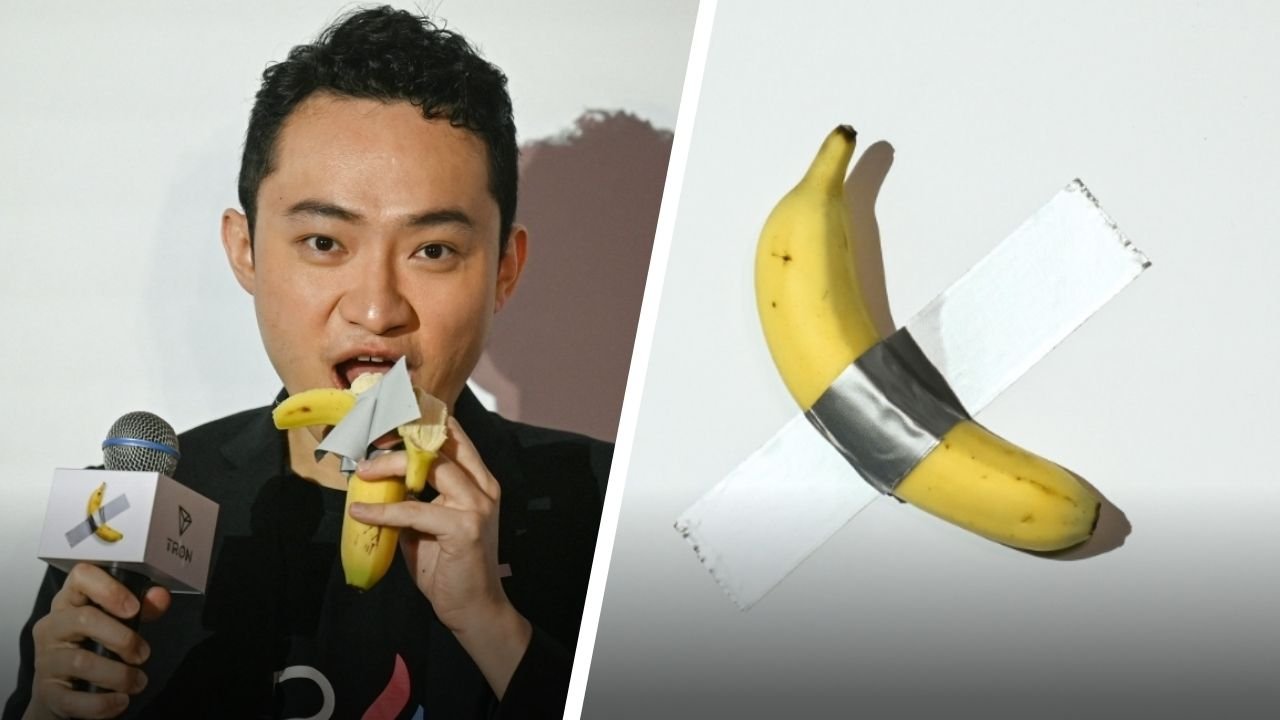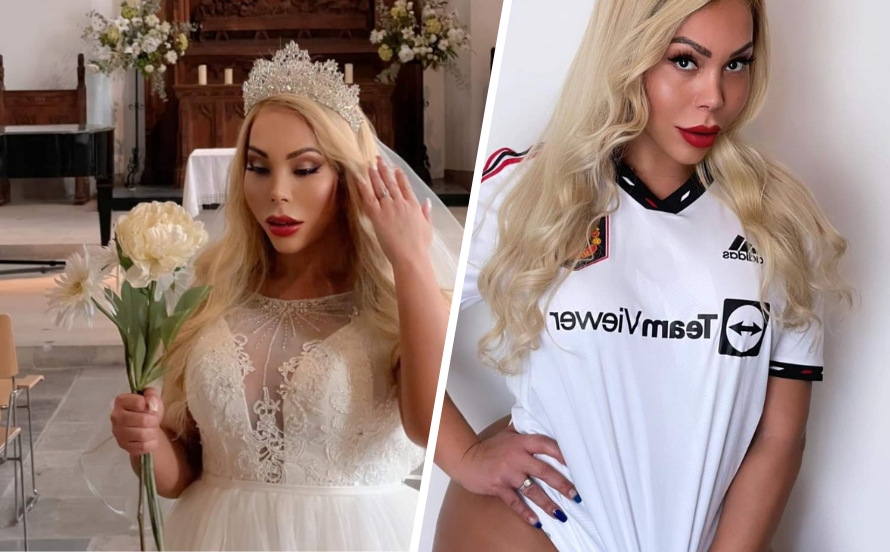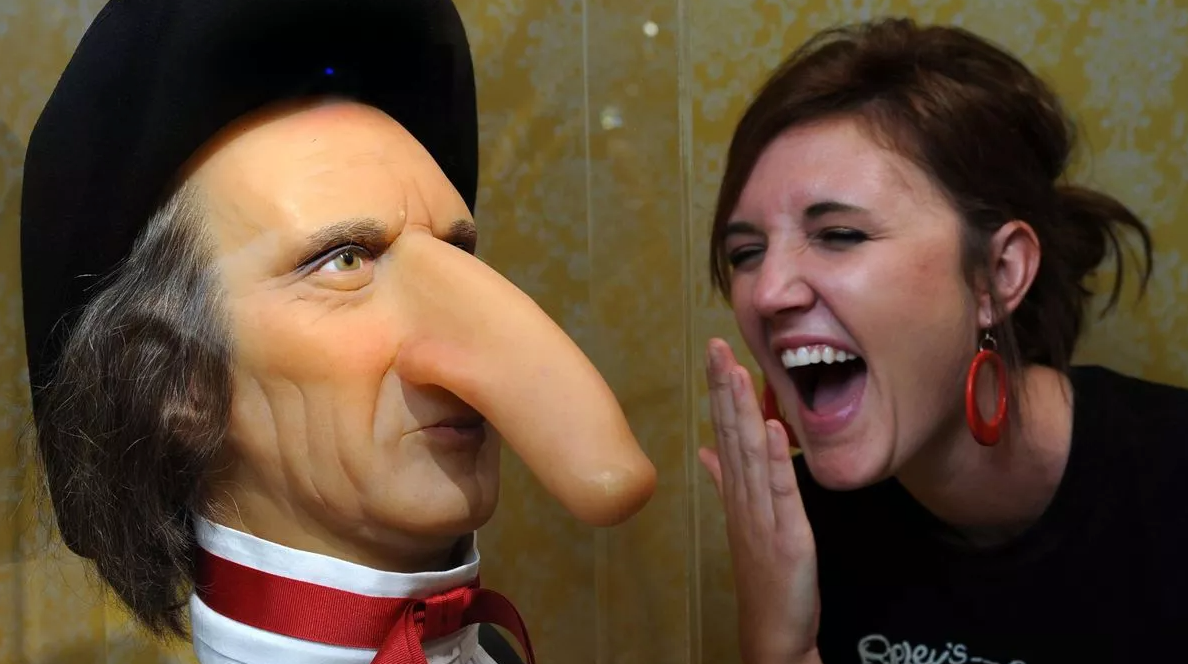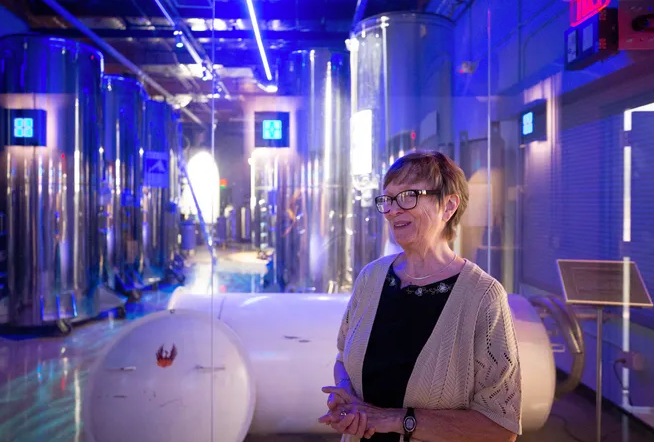81-Year-Old Woman Emerges as Finalist in South Korea Miss Universe Pageant
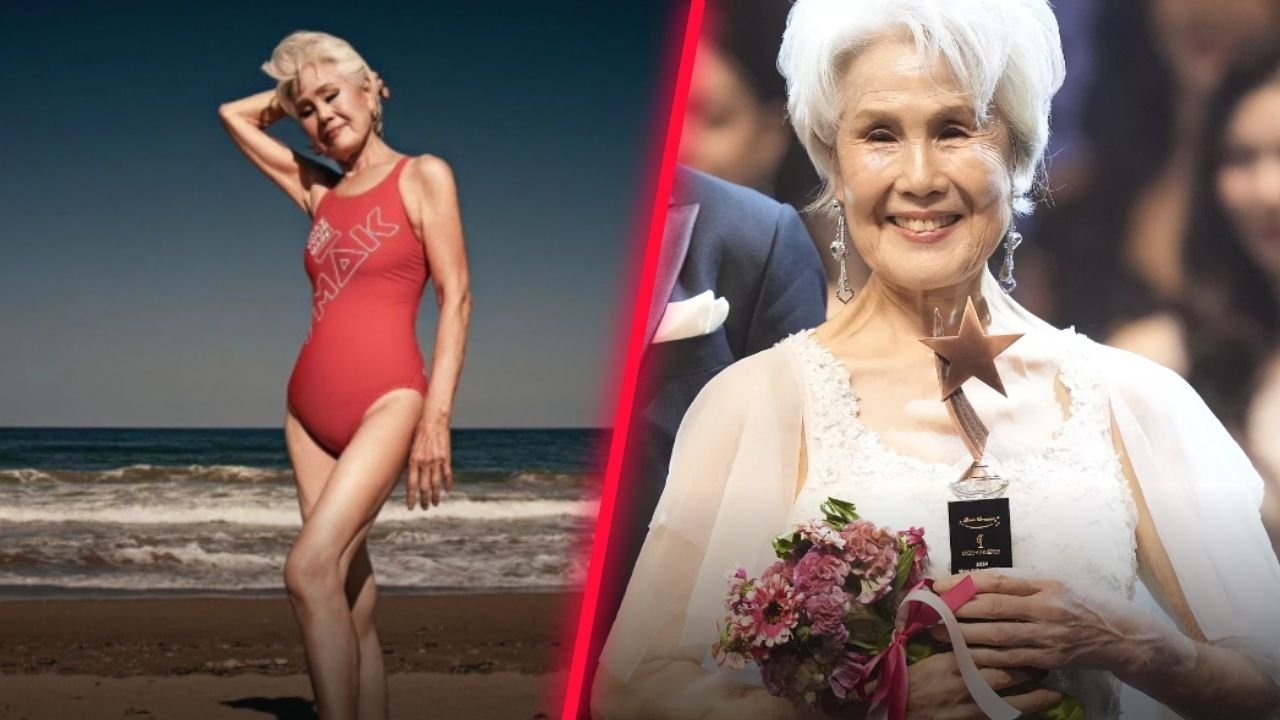
- Choi Soon-hwa, 81, marks history as the oldest contestant ever in Miss Universe competitions.
- The 2024 pageant eliminated age caps, opening doors for participants beyond the former 18-28 range.
- She captured the Best Dressed award while vying for the crown in Seoul.
Born in 1943, Choi Soon-hwa entered the world nearly a decade before the inaugural Miss Universe pageant launched in 1952, yet at 81 she stepped onto its national stage in South Korea, challenging every notion of who belongs in such arenas.
Her path to the spotlight began far from glamour. As a dedicated hospital care worker for decades, Choi tended to patients with quiet resolve, navigating personal trials that tested her endurance.
Financial setbacks struck hard in her later years, forcing her family to confront near ruin after investments soured during economic downturns that plagued many in South Korea’s volatile markets.
One day, while assisting an elderly patient at age 72, a simple compliment shifted everything: the woman urged her to try modeling, seeing potential in Choi’s poised demeanor and timeless features.
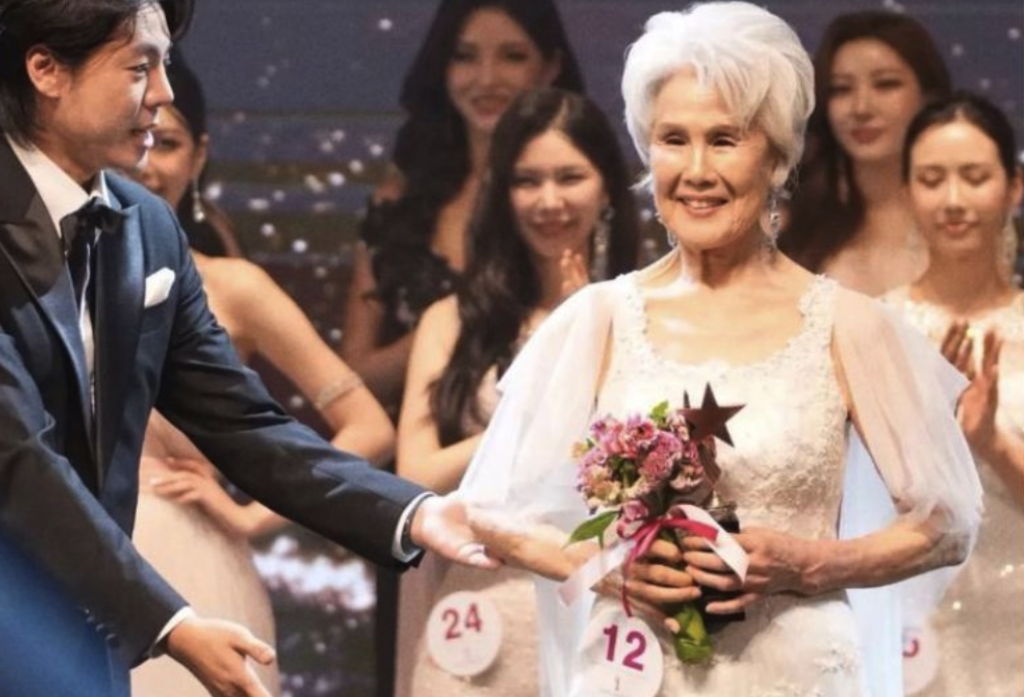
That nudge sparked a late-blooming career. Choi signed with an agency and soon graced runways at Seoul Fashion Week, where designers sought her for senior collections emphasizing grace over youth.
By her mid-70s, she had built a portfolio of magazine spreads and commercial shoots, focusing on themes of vitality and resilience.
Yet international recognition eluded her, confined by industry barriers that favored emerging talents under 30.
What drove her to persist? A deep-seated ambition to showcase that beauty evolves, not expires, especially in a nation where cosmetic procedures number over 1 million annually, fueling a $13 billion beauty market dominated by anti-aging products.
The turning point arrived in 2024 when the Miss Universe organization overhauled its rules.
For 72 years, contestants faced rigid constraints: an age ceiling of 28, mandatory swimsuit rounds, and prerequisites for height, education, and language proficiency.
Critics had long decried these as outdated, arguing they sidelined diverse stories.
In response, organizers scrapped the limits, welcoming married women, mothers, and transgender participants, aligning with global shifts toward inclusivity.
This pivot drew 32 finalists to the Miss Universe Korea event, spanning ages from 18 to 81, a stark contrast to prior years where the median entrant hovered around 22.
Choi seized the opportunity without hesitation. “Even at this age, I had the courage to grab onto a chance and take on a challenge,” she shared during preliminaries, her words echoing a sentiment that resonated amid South Korea’s aging population, where over 18% of citizens exceed 65, projected to reach 40% by 2050.
Her entry form highlighted not just physical poise but life experiences, including raising children and supporting grandchildren now in their 20s, who describe her as “cool and the best” for defying expectations.
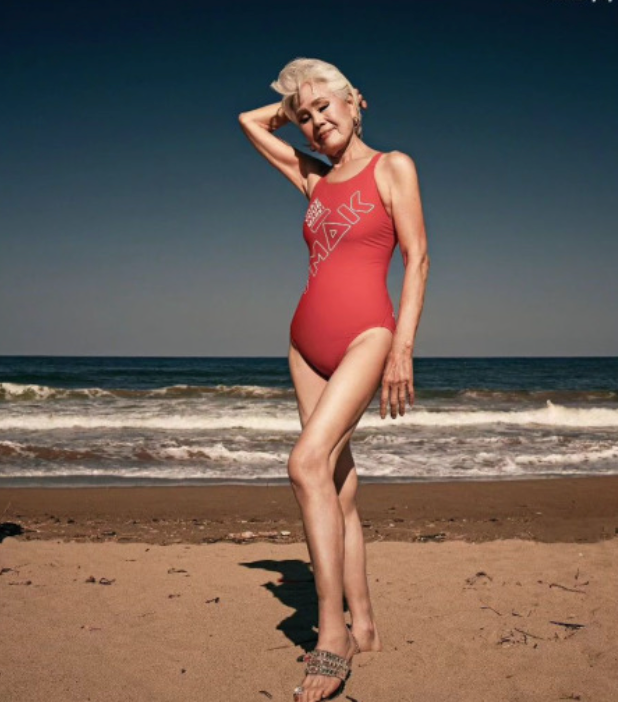
Preparation demanded discipline. Choi trained alongside competitors young enough to be her great-granddaughters, mastering catwalk techniques and public speaking.
She adapted routines to emphasize elegance, incorporating yoga and balanced nutrition to maintain stamina.
The pageant itself unfolded on September 30, 2024, at a luxurious Seoul hotel, drawing crowds eager to witness this unprecedented blend of generations.
Absent were the controversial swimsuit segments; instead, focus shifted to talent displays and interviews probing personal philosophies.
On stage, Choi dazzled in a beaded white gown that accentuated her silver hair and confident stride, earning applause for a singing performance that blended traditional Korean melodies with modern flair.
Younger rivals approached her with awe, one whispering, “I want to age like you,” highlighting a cultural shift in a society where youth-centric K-beauty standards often eclipse mature representations.
Though the crown went to 22-year-old Han Ariel, poised to represent Korea at the international finals in Mexico, Choi’s presence stole headlines worldwide.
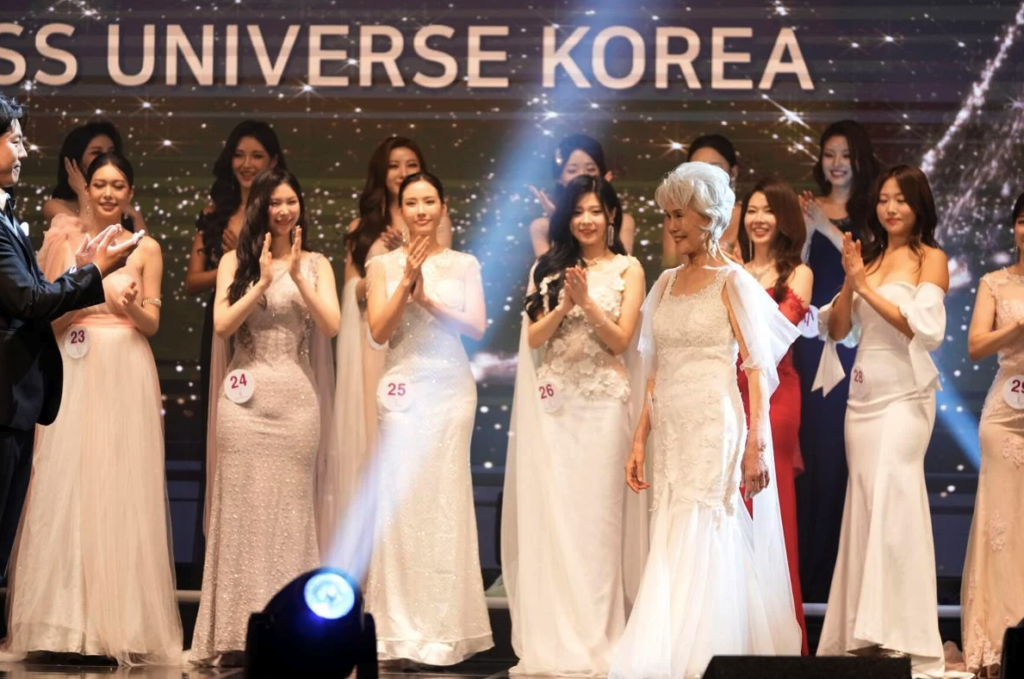
Her accolade as Best Dressed underscored a mastery of style that transcended trends, incorporating elements from hanbok-inspired designs to contemporary cuts.
This recognition came amid broader discussions on empowerment, as beauty pageants evolve to champion body positivity and mental health awareness, with participation rates surging 15% globally since rule changes.
To contextualize her feat, consider the pageant’s storied past. South Korea debuted in Miss Universe in 1954, amassing eight placements over seven decades, with its pinnacle in 1988 when Jang Yoon-jeong secured first runner-up.
No Korean has claimed the global title, though the nation boasts strong showings in other arenas like Miss World.
Historically, winners averaged 20.4 years old, with the eldest pre-2024 victor, Brook Lee of the USA, triumphing at 26 in 1997.
Choi’s involvement resets benchmarks, prompting questions about future boundaries.
| Miss Universe Age-Related Statistics | Value |
|---|---|
| Average age of winners (1952-2023) | 20.4 years |
| Oldest winner before 2024 rule change | 26 years (Brook Lee, 1997) |
| Former age eligibility range | 18-28 years |
| New oldest contestant record | 81 years (Choi Soon-hwa, 2024) |
| South Korea’s total placements since 1954 | 8 |
Public fascination grew as media outlets amplified her story, from viral clips of her runway walks to interviews exploring senior modeling’s rise.
In South Korea, where the elderly model sector expands at 10% yearly, Choi embodies a movement toward age diversity, inspiring brands to feature multigenerational campaigns.
Her grandsons, 23 and 24, beamed with pride, sharing how her journey motivates their own pursuits in creative fields.
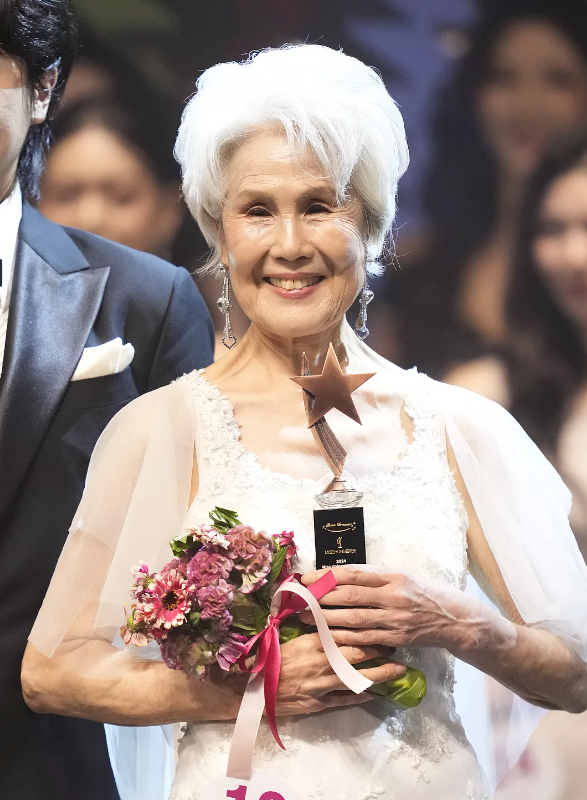
Beyond the stage, Choi advocates for healthier lifestyles, drawing from her experiences to encourage exercise and positive mindsets among seniors.
With over 50% of Korean women over 60 reporting interest in fashion pursuits, her influence ripples outward, challenging stereotypes in a culture renowned for its rigorous beauty regimens.
What might happen if more women in their 70s or 80s follow suit, reshaping pageants into platforms for lifelong achievement?
WATCH!
As Choi reflects on the whirlwind, she hints at untapped dreams, including potential collaborations with international designers or even a return to competition.
Her story raises intriguing possibilities: could an octogenarian one day claim the universal crown, forever altering perceptions of timeless allure?



